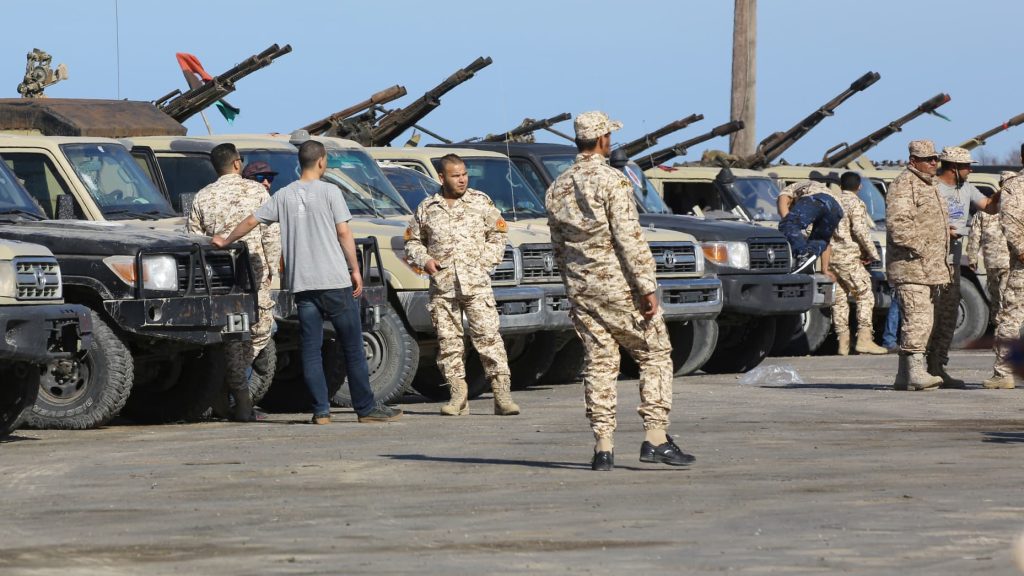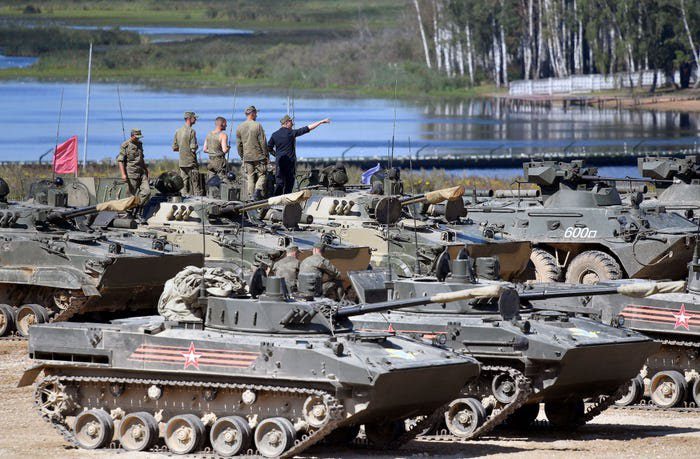Libyan Prime Minister Abdulhamid Dbeibah has warned that Libya risks becoming a battlefield as reports emerge of Russian military equipment being moved from Syria to the North African country.
“We have concerns about moving international conflicts to Libya, and that it will become a battlefield between countries,” Dbeibah stated during a Thursday press conference.
Libya remains divided between the UN-recognised government in Tripoli, led by Dbeibah, and a rival administration in the east, which is backed by military leader Khalifa Haftar. The country has struggled with instability since the 2011 NATO-backed uprising that overthrew dictator Moamer Kadhafi.
Reports indicate that Russia is transferring military resources from its Tartus naval base and Hmeimim air base in Syria to eastern Libya. This region has long received Russian support, particularly for Haftar’s forces.

Italian Defence Minister Guido Crosetto confirmed these concerns, telling La Repubblica, “Moscow is transferring resources from its Syrian base in Tartus to Libya.” He added, “Russian ships and submarines in the Mediterranean are always a source of concern, especially when they’re closer to us rather than 1,000 kilometres away.”
Dbeibah strongly criticised the potential for foreign dominance in Libya, stating that no patriotic Libyan would accept a foreign power imposing its hegemony and authority over the country and the people. He emphasised that military presence should only occur within the framework of agreements for training or equipment, not through force or against the will of the Libyan people.
Russia’s Tartus and Hmeimim bases have been instrumental to its operations in the Middle East and Africa. Following the fall of Syrian leader Bashar al-Assad earlier this month, questions have arisen about the Kremlin’s strategy in the region.
Russia has maintained close ties with Libya’s eastern administration since Haftar’s failed 2019 offensive to capture Tripoli. The latest developments raise concerns about the potential escalation of international conflicts on Libyan soil.


